Within the past year, important conversations about race and oppression have been on the minds of many Americans across the nation. With the Black Lives Matter (BLM) protests in the summer of 2020, and now the protests regarding the increasing hate crimes against Asian-Americans, the concept of the “Oppression Olympics” is now more important than ever to understand.
Not many people know what the Oppression Olympics are, and those who do might not understand the implications of it. This concept refers to the idea that different marginalized groups are suppressed differently. The fear that comes with the Oppression Olympics is that when the focus is shifted to one marginalized group, other groups will be left behind.
This can also lead to competition between minority groups based on which group has faced the highest degree of oppression. Unfortunately, in these types of competitions, there are no winners.
However, the fear is not unwarranted. In a society where minority groups are constantly fighting to prove their existence, it makes sense that they would also be apt to fight amongst themselves for that same reason. But, it is essential for minority groups to understand that there is not one single spot for success; all marginalized groups can become free from oppressive systems.
One clear example of an oppression competition is from the Netflix show “Ginny and Georgia.” This show addresses the issue with this concept. In episode eight, an argument between two of the characters, a Black-biracial female and a Taiwanese-biracial male, about which one of them has it harder because of their race arises. Eventually the male character says, “Oppression Olympics. Let’s go.”
Senior Sandro Xiao has had his own experiences with these concepts and has taken much away from them. “I haven’t had a conversation with someone else about which minority group is more oppressed, but I have had a similar conversation about the sexual stigmas and beauty standards of males and females,” he explained.
“It was invariably hard to agree or find common ground because we had inherently different perspectives due to our personal experiences as members of these respective groups,” Xiao continued. Trying to make a competition out of issues that cannot easily be compared does not lead to an effective discussion.
This competition can cause issues between various communities, dividing them during a time when unity is crucial. Conversations arise between members of different communities about oppression and privilege, leading to arguments on which group “deserves” the attention and support.
These arguments sway between being valid and invalid. The validity of these arguments come from the concept of intersectionality. This term was coined by law professor Kimberlé Crenshaw, describing the concept that a person’s various social and political identities impact discrimination and privilege. Many people do not understand the importance of intersectionality. It describes the complex nature of discrimination when it comes to overlapping identities.
Identities like sexuality, gender, sex or race can easily overlap with one another, causing an individual to deal with more or less discrimination than their peers. In cases like these, the arguments regarding oppression have a sense of validity. There are situations in which some people deal with more discrimination than others, even if they are a part of at least one similar community.
However, the concept of the Oppression Olympics does not focus on intersectionality. It instead focuses on tearing oppressed communities apart. Any one group has different experiences that they deal with because of their identity, and the comparison between those experiences ultimately brings everyone down and takes away from the real issues.
This is where the arguments lose their validity. Having conversations about which group is more oppressed, or has it harder, is detrimental to all parties involved. Minority groups already have to fight against systemic oppression; now they are purposefully fighting with each other.
During conversations in which individuals find themselves comparing oppressive situations Xiao believes, “all you can do is listen and not invalidate someone else’s experience since you can’t possibly entirely understand their struggles.”
The Oppression Olympics is harmful for all marginalized groups because it helps perpetuate White supremacy. The speaking out for one community does not mean the questioning of another group’s oppression. There is not a single spot for liberation, and this belief that there is what holds up the Oppression Olympics. Unity is important for oppressed groups to get the justice they need, and the competition between these groups is dividing them further.
Junior Kylie Gill believes that unity is a crucial aspect of progress for minorities. “If minority groups can’t support each other, they will have a harder time trying to get to where they want to be. Systems are always working against them, so it is already difficult for minorities to speak up. With the right intentions and support, minority groups can collectively accomplish their goals,” Gill stated.
Both the oppressed and the oppressors play big roles in encouraging this concept. The oppressors have created the systems in which groups are oppressed, while the oppressed are fighting with each other to win in these systems. Essentially, the oppressed are contributing to their own oppression.
Lack of education on these concepts creates problems for current and future generations. These ideas and beliefs are easily weaved into culture, and that culture is quickly passed on. In order for minorities to overcome oppressive systems, they first need to band together.
Much energy and time is focused towards fighting for a rightful place in society. As minorities continue to fight for their existence, they need to be wary of being pitted against each other. Unity is important for awareness, but it is also important to make a difference; unity can invoke change.
In a society that is constantly working against communities, it is essential that these communities recognize each others’ similarities and differences and work together to dismantle all oppressive systems.


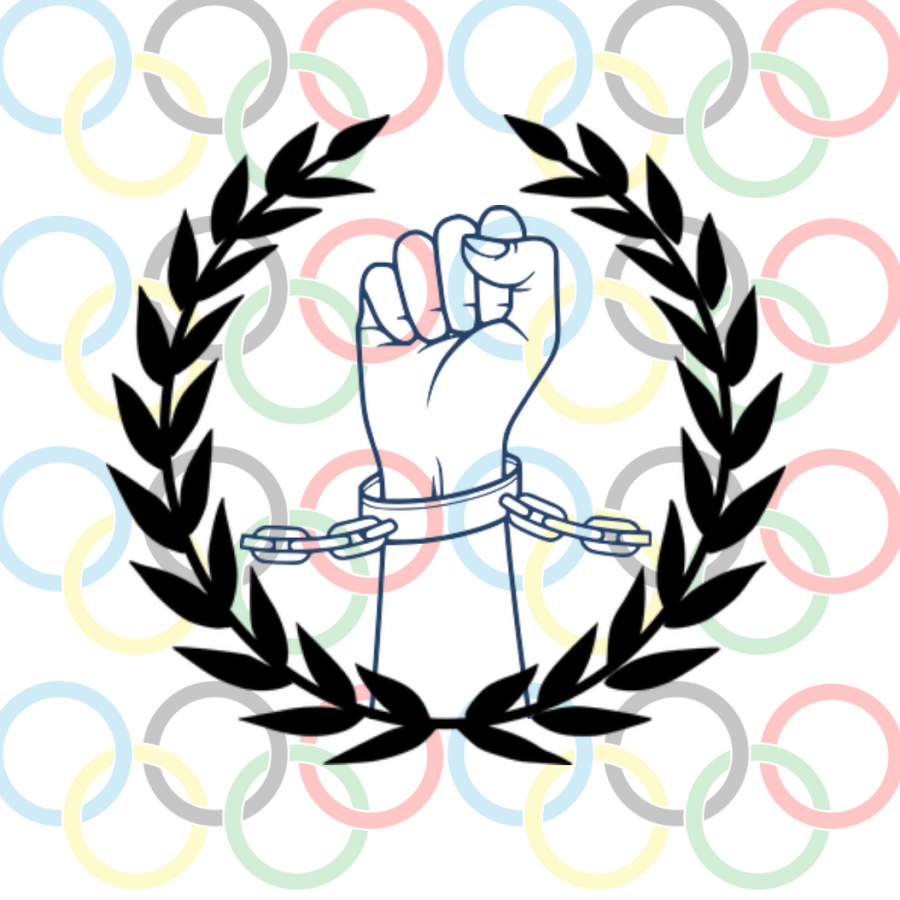






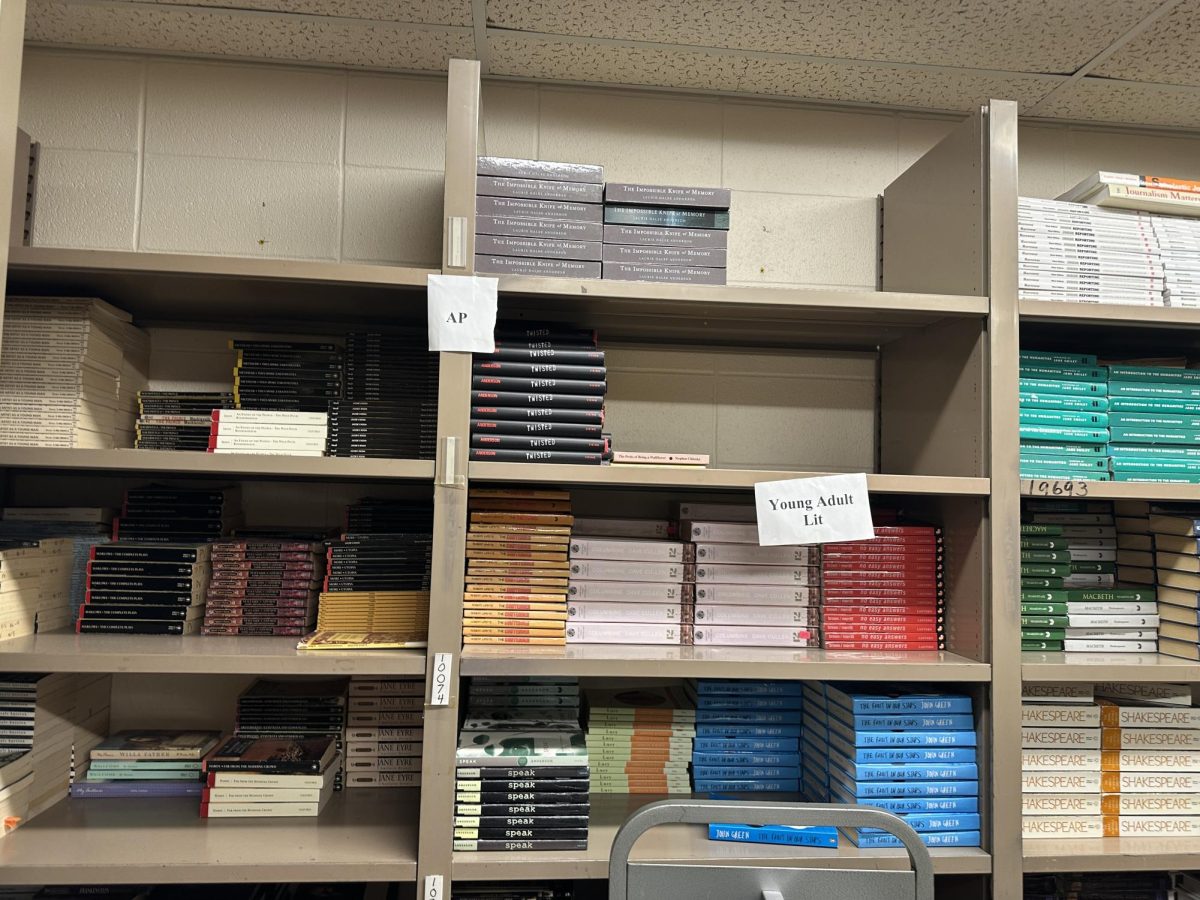
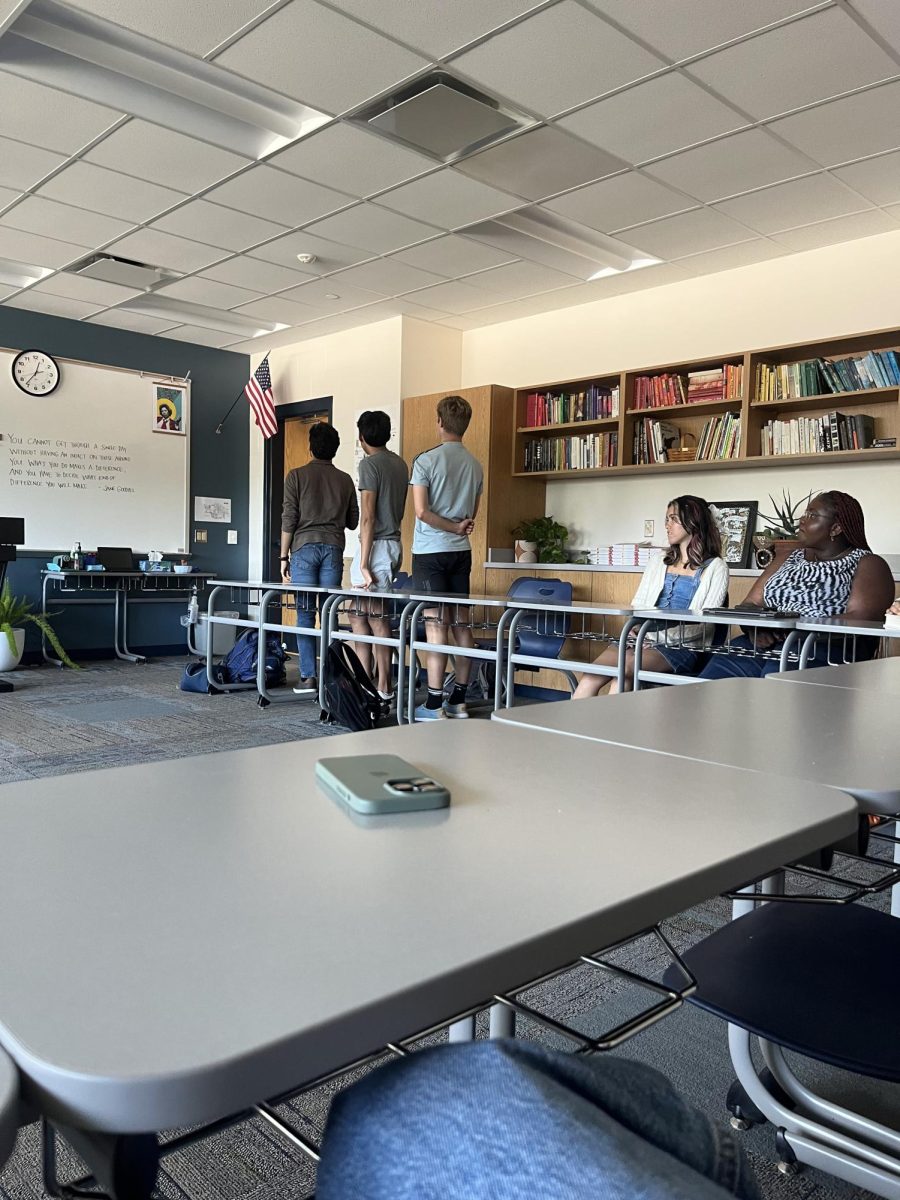

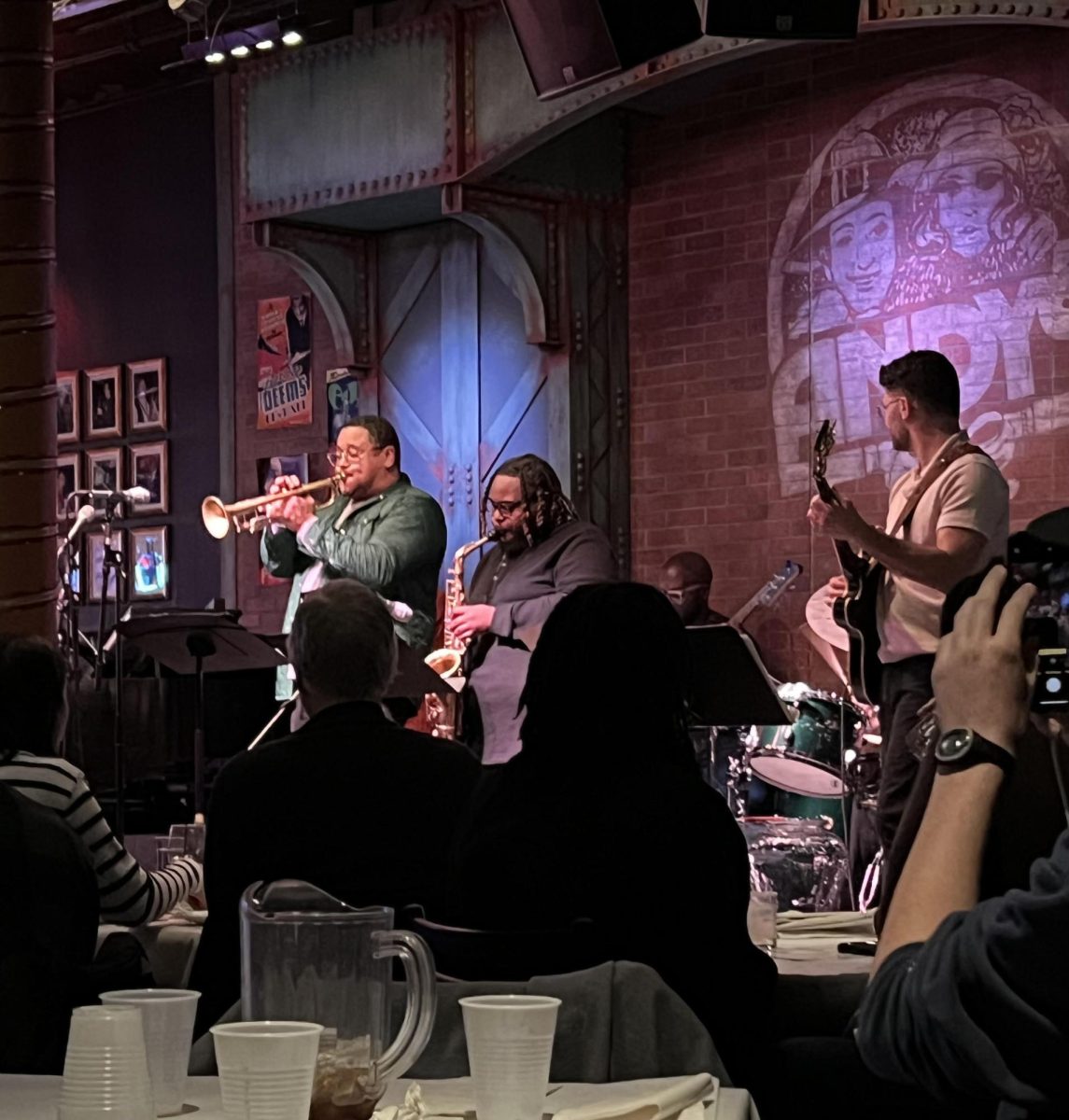
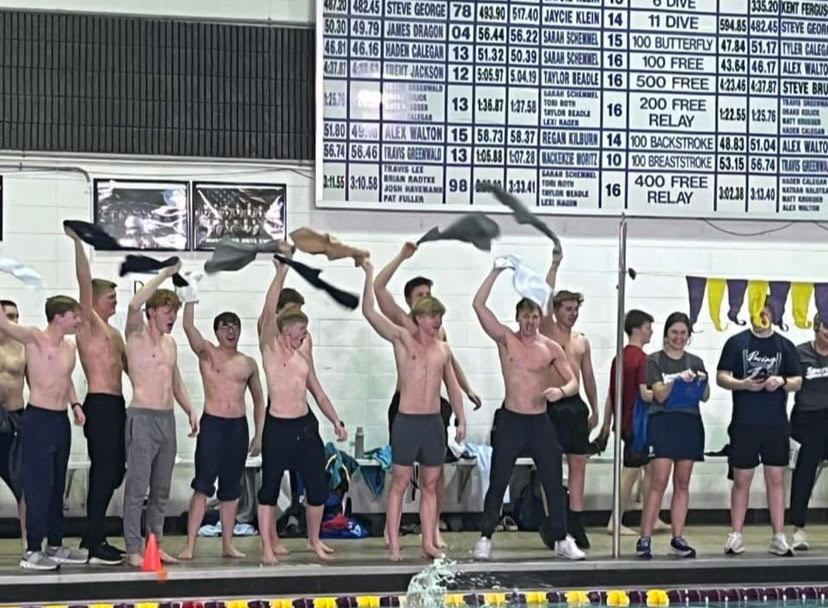


Carson Albrecht • Apr 23, 2021 at 9:23 am
I love this article and the way you worded it. I agree that we should provide support ant attention to these groups!